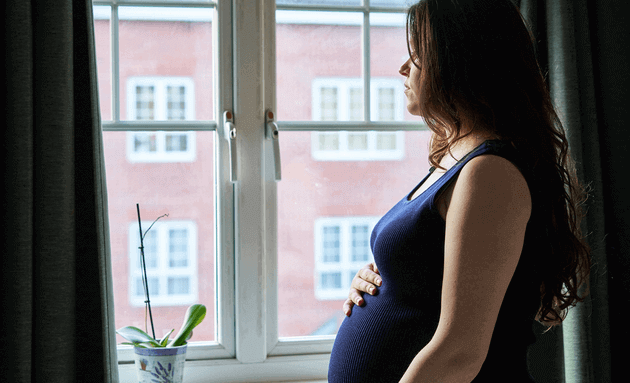Bipolar disorder, also known as bipolar disease, is a mental illness characterised by extreme fluctuations in mood. A person with Bipolar disorder can experience emotions ranging from severe depression(low) to manic (high) episodes.
People with Bipolar disorder may worry about pregnancy, but it shouldn’t be a matter of concern. What one should do, is discuss every opportunity and risk involved with Bipolar disorder and pregnancy.
Mental Health and Pregnancy: the link

Just how physical wellbeing is important during pregnancy, so is your mental health. If you’re mentally healthy, you’ll be able to handle all the changes that come along with pregnancy and the life of a new baby.
If you have been diagnosed with Bipolar disorder before getting pregnant, it is important for you to speak to your partner and doctor before planning a pregnancy.
Your doctor will consider your overall well-being along with:
- how well your bipolar is managed
- what medications you’re currently taking
- the severity of your symptoms
How Can Bipolar Disorder Affect Your Baby?

It’s not clear how bipolar itself can affect fetal development. There’s a chance that BD may be passed on to your child, but this isn’t an immediate concern during pregnancy.
One recent study published in the New England Journal of Medicine concluded that lithium, especially when taken during the first trimester, may increase the risk for cardiac malformations in fetuses. The study also reported that out of 663 infants who were exposed to the drug, only 16 were found to have these malformations.
Results from a review of studies indicated that valproate taken during pregnancy may increase the risk for neurological defects in infants. In many cases, the defects seemed to resolve by 12 months of age. The review authors noted that the data they worked with was low quality, and there’s a need for additional studies.
More studies are needed to support these findings, but the bottom line is that bipolar medications can impact fetal development.
How Can You Manage Your Bipolar During Pregnancy?

The major concern during pregnancy is the medications for Bipolar Disorder you may be taking. Mood stabilising medications, anti-anxiety drugs, antidepressants, and antipsychotic medications may be dangerous for a developing fetus.
Some studies suggest that certain medicines, when taken during the first trimester of pregnancy, can lead to an increased risk in cardiac malformations and neurological defects in infants. However, more studies need to be conducted to know the precise effects.
To prevent complications, discuss with your doctor about all medications during pregnancy. You may or may not be advised changes in dosage, depending on how well your Bipolar disorder is managed. You may be asked to undergo psychotherapy or explore other self-care techniques.


0 Comments